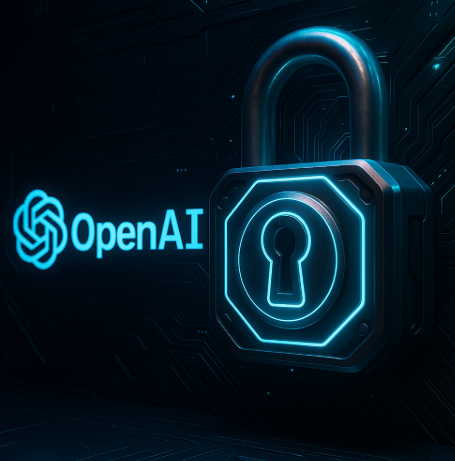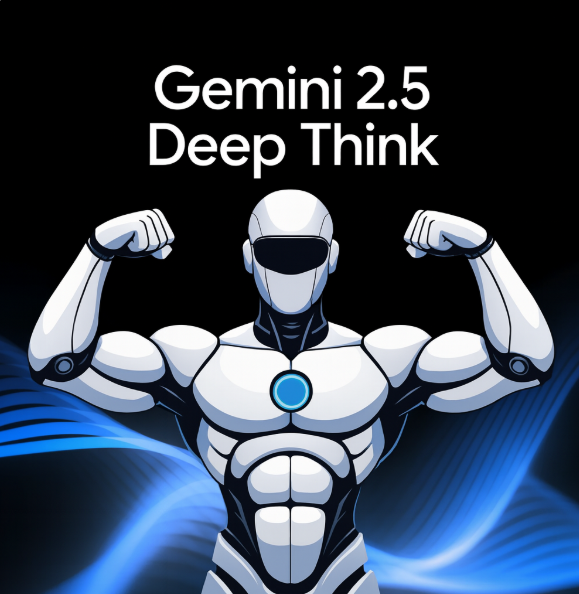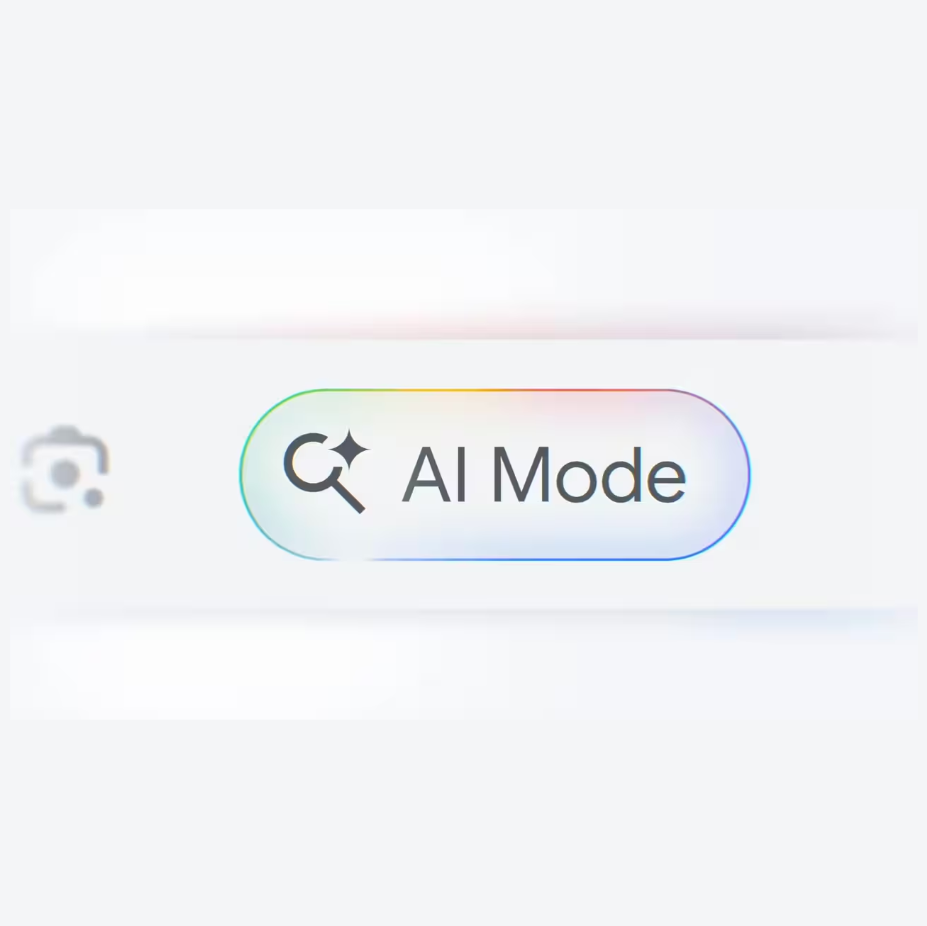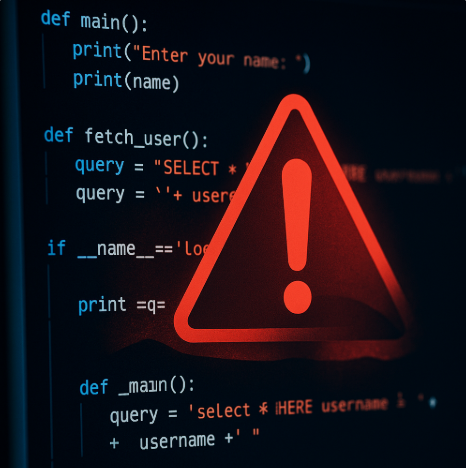After suspecting that Chinese startup DeepSeek copied its models using a technique called “distillation,” OpenAI has gone into full lockdown mode.
The company is now treating its labs like national security sites - installing fingerprint scanners, using offline computers, and limiting project access to “need-to-know” staff only. The goal? Protect its next major model (nicknamed “Strawberry” or “o1”) from being copied before release.
What OpenAI Is Saying
OpenAI says it's stepping up its internal security after growing fears that its models could be copied or imitated. The company is locking down access to its most sensitive work with fingerprint scanners, offline machines, and a deny-by-default approach to internet access. Only staff directly working on specific projects are allowed to know or even talk about them.
As reported by the Financial Times, OpenAI has ramped up internal security measures in response to growing fears of model imitation.
Under the guidance of Matt Knight, OpenAI’s VP of Security, the company is said to have implemented a “deny-by-default” internet policy, introduced air-gapped systems for sensitive model training, and added biometric security at its labs.
The motivation? A rising concern that model behavior - if exposed - can be copied through distillation, even without access to the original weights.
What That Means (In Human Words)
This isn’t about a data breach or someone hacking OpenAI’s servers.
It’s about a different kind of theft - where another company trains a smaller model by mimicking a larger one’s outputs. DeepSeek reportedly did this with GPT-4... and got pretty close.
OpenAI sees this as a warning shot - if their next model gets “distilled” before launch, they lose a competitive edge they’ve spent hundreds of millions to build. So now they’re:
-
Isolating everything critical
-
Scanning fingerprints to control who goes where
-
And turning their office culture into something that sounds more like a Pentagon briefing than a tech startup meeting
Let’s Connect the Dots
What’s distillation?
Distillation is a technique where one model learns by copying the outputs of another - not its code, not its data, just its behaviour.
Here’s how it works:
-
You send thousands (or millions) of prompts to a powerful model like GPT‑4.
-
You collect the answers.
-
You train your own model to mimic those answers.
That’s it. You now have a model that “feels” like the original - without ever accessing its internals.
It’s like learning to cook by tasting someone’s food over and over until you figure out the recipe.
How is this actually done?
It’s simpler than people think:
-
No one hacks anything.
-
No one downloads secret files.
A company like DeepSeek could use the ChatGPT API, ask it tons of questions, and use the answers to train a smaller model. This creates a copycat that performs similarly - for a fraction of the cost and none of the compute burden of training from scratch.
This is exactly what OpenAI believes DeepSeek did. And it’s why OpenAI is now locking down everything.
Can this be done to released models?
Yes - and it's even easier.
If a model is open-weight (like Meta’s Llama, Mistral, or Falcon), you don’t need to distill anything. You can:
-
Download the full model
-
Modify it
-
Fine-tune it for your needs
-
Launch your own version
This is one reason why OpenAI doesn’t release GPT-4 or GPT-4o weights. They know once it’s out, it’s out.
So in summary:
-
Closed models can be imitated through distillation.
-
Open models can be cloned directly.
Both carry risks - but distillation is how even closed models can be shadowed.
Why can’t OpenAI sue DeepSeek?
Here’s the hard truth: this isn’t illegal (yet).
-
No code or weights were stolen
-
Model outputs aren’t protected by copyright
-
Reverse-engineering based on public APIs doesn’t break any laws
-
DeepSeek is in China - which makes legal enforcement across borders nearly impossible
Even if OpenAI’s terms of service prohibit this kind of behaviour, they’re nearly impossible to enforce internationally, especially if the API access came through proxies or anonymised sources.
Unless OpenAI can prove DeepSeek broke into their systems or violated export control laws, there’s no lawsuit that would stick.
That’s why we’re seeing fortress-mode security, not court battles.
Who else is at risk?
Anyone exposing model behaviour or open weights:
-
Anthropic (Claude) – APIs expose model behaviour, vulnerable to distillation
-
Meta (Llama) – open weights, easy to download and rebrand
-
Mistral – open-weight, high-performance models openly shared
-
Perplexity – APIs and outputs could be scraped
-
xAI (Grok) – outputs visible via public interface
-
Startups using open-source models – easier to replicate, less legal protection
Even when intentions are open and community-focused, these setups make it trivial for competitors to fork, copy, or clone models and outputs.
Why is OpenAI going full lockdown?
Because imitation is no longer academic - it’s a threat to business, competitive edge, and even national tech leadership.
That’s why OpenAI is:
-
Requiring fingerprint scans at key lab entry points
-
Training sensitive models on air-gapped machines
-
Using deny-by-default network policies
-
Limiting staff access to projects through strict need-to-know firewalls
-
Hiring former military and Palantir security leads
They’ve moved from “research org” to “classified lab.”
When your product can be cloned from its public behaviour alone - the only defence left is to keep the behaviour hidden until the last possible moment.
Bottom line:
-
Released models = easier to copy (but intentionally open)
-
Closed models = harder to copy, but can still be imitated through distillation
-
OpenAI’s fear is that even if they don’t release the model, the behavior itself is copyable
Prompt It Up: Use Distillation - On Yourself
Distillation is how another company got close to GPT-4. They just asked the right questions, at scale.
That same method can help you work better with your LLM.
If you’re not getting the output you want -
don’t throw it away. Don’t rewrite everything.
Distill. Ask. Iterate.
Use this prompt:
I’m trying to [insert the scenario - e.g., write a product description, generate better code, design a learning path, etc.],
but the outputs I’m getting from you are not working or not what I expected.
Please help me figure out:
– What might be wrong with the way I’m asking?
– What you need more clarity on from me
– What examples or details I should provide so we can get to a better result
– Any suggestions for how I can adjust my prompt or approach
Use it when your prompt isn’t working.
Distillation isn’t hacking - it’s progress through better questions.
Frozen Light Team Perspective
When it comes to AI, we keep talking about copyright, Deepfakes, and of course - privacy.
But this time, we’re not debating the grey areas.
OpenAI owns the algorithm. No question there.
And yet - they still can’t sue.
DeepSeek didn’t steal code. They didn’t hack the system.
They asked smart questions and built a model that behaves like GPT-4.
It’s legal. It’s efficient.
And it’s a problem.
Just this week, we reported on Denmark rewriting its copyright law to let people sue over deepfakes.
Our take then?
Even if you win in court - the damage is already done.
Well, welcome to the perfect example.
What DeepSeek built isn’t a new model - it’s a deepfake algorithm.
And OpenAI knows it.
Their only response? Lock everything down.
Fingerprint scans. Firewalls. Silence.
Because the only thing you can sue… is a thief.
And first, you have to prove there was a theft.
Crazy, right?
Some people will call it karma - but we’re not those people.
We’re here to point out the obvious:
The rules are changing - and everyone’s exposed.
On one side, individuals are hoping new laws can protect their faces, voices, and creations.
On the other, vendors are watching their billion-dollar models get “inspired” into clones.
DeepSeek could say they were just inspired by GPT-4’s algorithm.
And legally? That might hold up.
But if this is the future -
where asking can replace owning -
then copyright law isn’t just behind.
It’s obsolete.
And that’s the part of the AI revolution no one’s talking about.
But it matters. For everyone.









